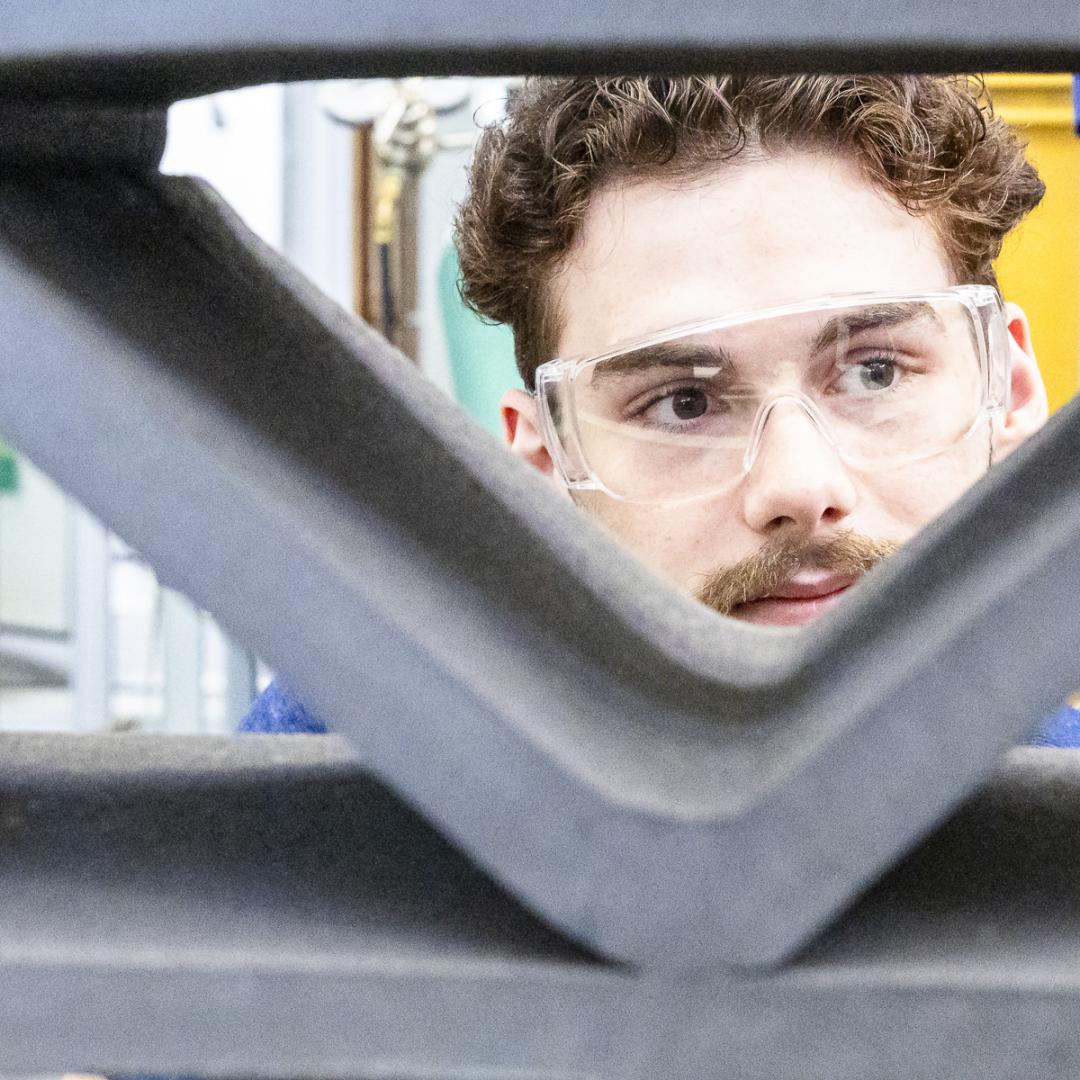Filter News
Area of Research
News Type
News Topics
- (-) Decarbonization (6)
- (-) Partnerships (7)
- 3-D Printing/Advanced Manufacturing (9)
- Advanced Reactors (4)
- Artificial Intelligence (8)
- Big Data (4)
- Bioenergy (6)
- Biology (12)
- Biomedical (3)
- Biotechnology (1)
- Buildings (11)
- Chemical Sciences (11)
- Clean Water (3)
- Climate Change (5)
- Composites (2)
- Computer Science (10)
- Coronavirus (6)
- Critical Materials (4)
- Cybersecurity (4)
- Element Discovery (1)
- Energy Storage (21)
- Environment (10)
- Exascale Computing (4)
- Fossil Energy (1)
- Frontier (5)
- Fusion (3)
- Grid (10)
- High-Performance Computing (7)
- Hydropower (5)
- Irradiation (1)
- Isotopes (3)
- ITER (1)
- Machine Learning (5)
- Materials (27)
- Materials Science (11)
- Microscopy (6)
- Nanotechnology (6)
- National Security (10)
- Neutron Science (9)
- Nuclear Energy (7)
- Physics (8)
- Polymers (4)
- Quantum Computing (2)
- Quantum Science (6)
- Security (2)
- Simulation (2)
- Space Exploration (4)
- Summit (2)
- Sustainable Energy (11)
- Transformational Challenge Reactor (2)
- Transportation (7)
Media Contacts
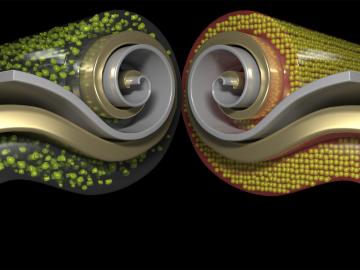
Researchers at ORNL have developed a new method for producing a key component of lithium-ion batteries. The result is a more affordable battery from a faster, less wasteful process that uses less toxic material.

Oak Ridge National Laboratory scientists designed a recyclable polymer for carbon-fiber composites to enable circular manufacturing of parts that boost energy efficiency in automotive, wind power and aerospace applications.
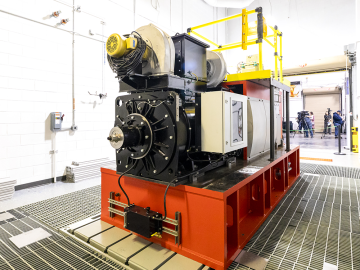
As the United States shifts away from fossil-fuel-burning cars and trucks, scientists at the Department of Energy’s Oak Ridge and Argonne national laboratories are exploring options for another form of transportation: trains. The research focuses on zero-carbon hydrogen and other low-carbon fuels as viable alternatives to diesel for the rail industry.
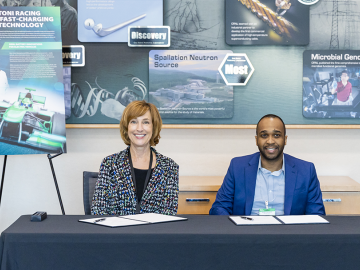
Marc-Antoni Racing has licensed a collection of patented energy storage technologies developed at ORNL. The technologies focus on components that enable fast-charging, energy-dense batteries for electric and hybrid vehicles and grid storage.

Five technologies invented by scientists at the Department of Energy’s Oak Ridge National Laboratory have been selected for targeted investment through ORNL’s Technology Innovation Program.

ORNL is sponsoring a cohort of 100Knoxville, a five-week mentorship and support program for Black founders of businesses.
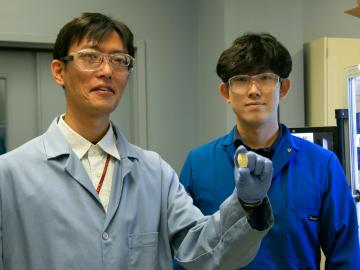
ORNL researchers have developed an upcycling approach that adds value to discarded plastics for reuse in additive manufacturing, or 3D printing.

ORNL scientists will present new technologies available for licensing during the annual Technology Innovation Showcase. The event is 9 a.m. to 3 p.m. Thursday, June 16, at the Manufacturing Demonstration Facility at ORNL’s Hardin Valley campus.
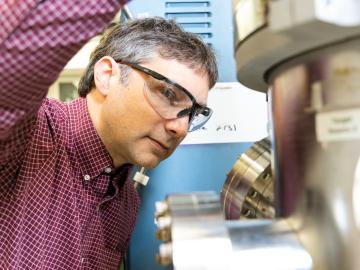
Several electrolyte and thin-film coating technologies, developed at Oak Ridge National Laboratory, have been licensed by BTRY, a battery technology company based in Virginia, to make batteries with increased energy density, at lower cost, and with an improved safety profile in crashes.

ORNL and the Tennessee Valley Authority, or TVA, are joining forces to advance decarbonization technologies from discovery through deployment through a new memorandum of understanding, or MOU.



